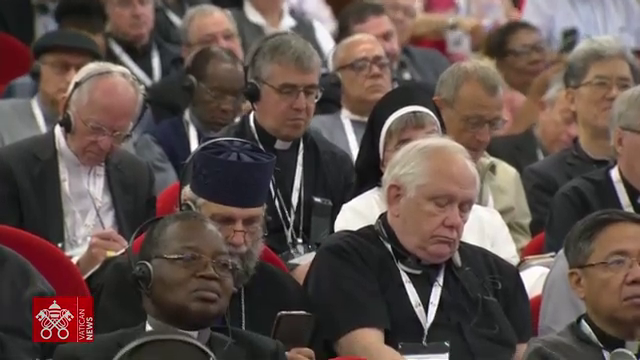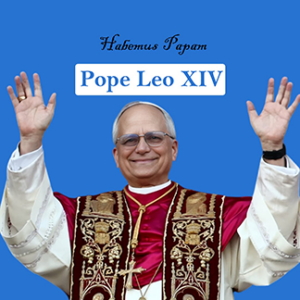VATICAN SYNOD: Attitude of Homeness with One Another and with God: Reflection to Synod Delegates

A section of synod delegates during retreat
Fr. Andrew Kaufa smm
In his second meditation, the preacher Fr Timothy P.J. Radcliffe invited the synod participants to be at home in God and to allow God to be at home in them.
“We come to this Synod with conflicting hopes. But this need not be an insuperable obstacle. We are united in the hope of the Eucharist, a hope which embraces and transcends all that we long for,” he said and added in reference to the diverse hope expressed by the continental reports, “ Oceania proposed the image of the boat and Africa suggested the image of the Church as the family of God, capable of offering belonging and welcome to all its members in all their variety.’ But all of these images show that we need somewhere in which we are both accepted and challenged. At home, we are affirmed as we are and invited to be more. Home is where we are known, loved, and safe but challenged to embark on the adventure of faith.”
Fr. Radcliffe invites the synod assembly to be realistic and acknowledge the tension that comes along with the Church’s identity of being universal and diverse in terms of space and culture can pause on the synod.
“For others, the present Church does not seem to be a safe home. It is experienced as exclusive, marginalizing many people, women: the divorced and remarried. For some, it is too Western, too Eurocentric. The IL mentions also gay people and people in polygamous marriages. They long for a renewed Church in which they will feel fully at home, recognized, affirmed, and safe,” he noted while inviting the assembly to accommodate the idea of the Church as a universal welcoming to all.
On this note, the preacher did not lose the opportunity to state that many priests are finding the synodal path “the most difficult to embrace” yet if they pitch their tents on Mount Tabor, they will miss the glimpse of beauty of the Lord.
“Priests need a strong sense of identity, an esprit de corps. But who shall we be in this Church which is liberated from clericalism? How can the clergy embrace an identity which is not clerical? This is a great challenge for a renewed Church. Let us embrace it without fear, a new fraternal understanding of ministerial priesthood!”
Fr Radcliffe also pointed at the impact of sexual scandals on the Church, an experience which pauses an existential question on how to be at home in the Church with a tag of the horrible scandal of sexual abuse on her neck.
“‘How much I must criticize you, my church, and yet how much I love you! You have made me suffer more than anyone, and yet I owe more to you than to anyone. I should like to see you destroyed, and yet I need your presence. You have given me much scandal, and yet you alone have made me understand your holiness. … Countless times, I have felt like slamming the door of my soul in your face–and yet, every night, I have prayed that I might die in your sure arms!”


